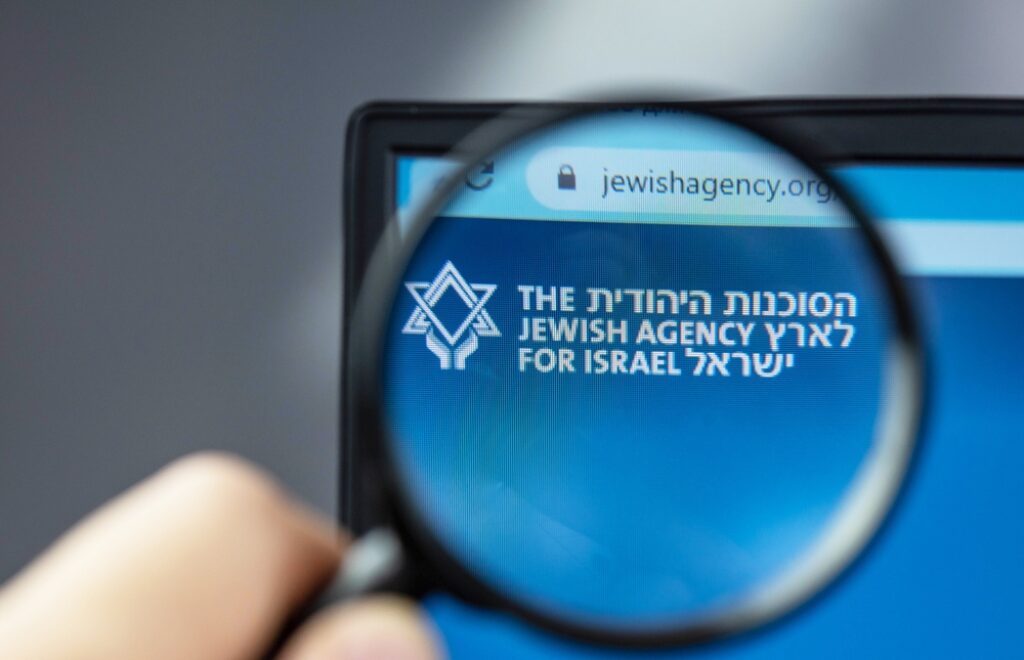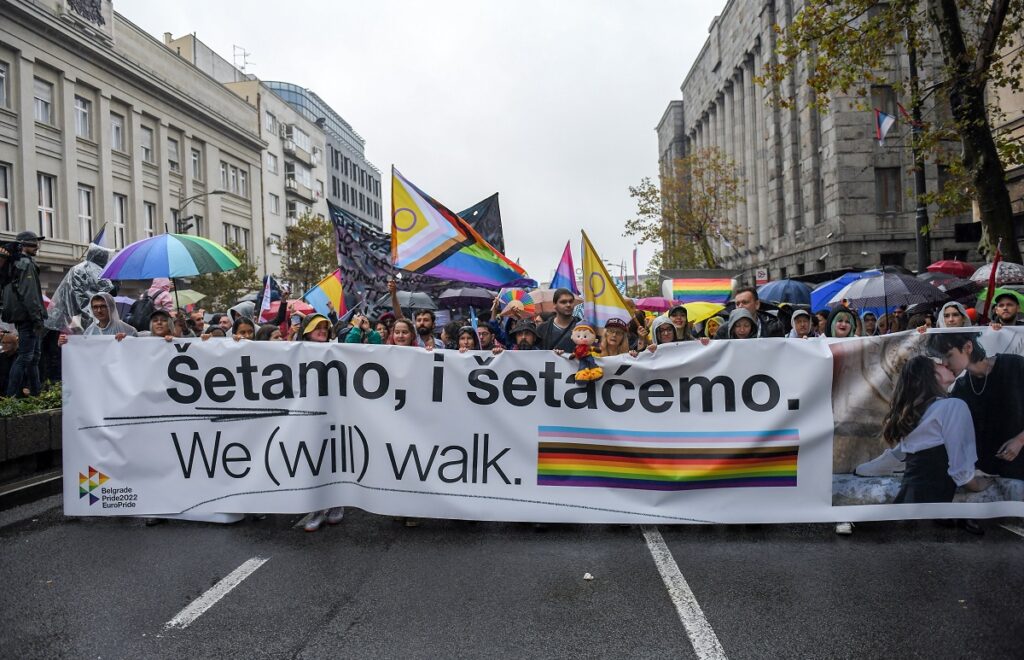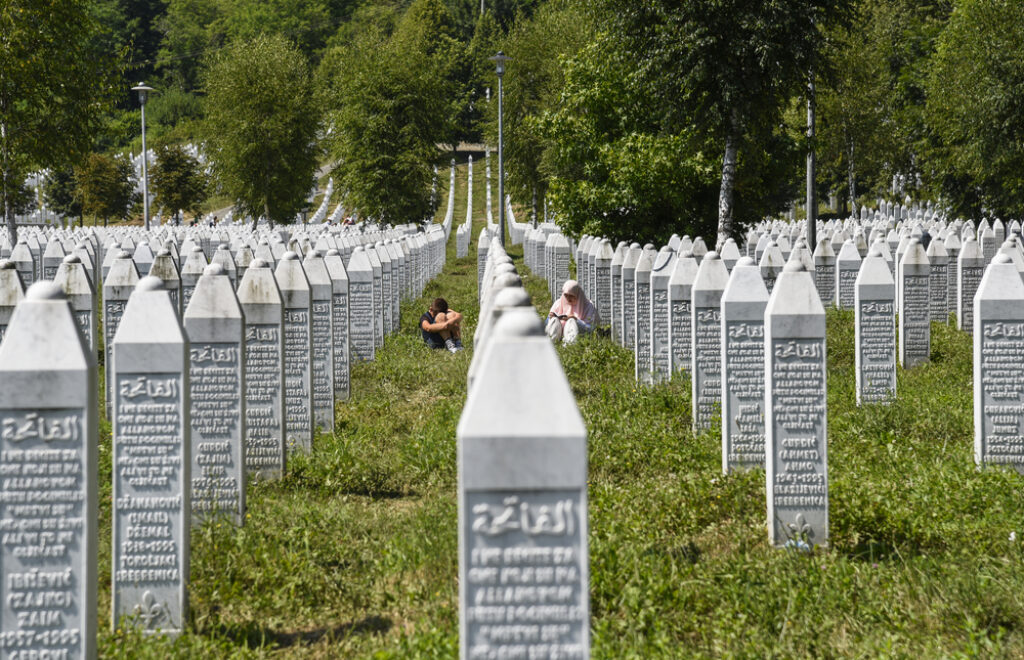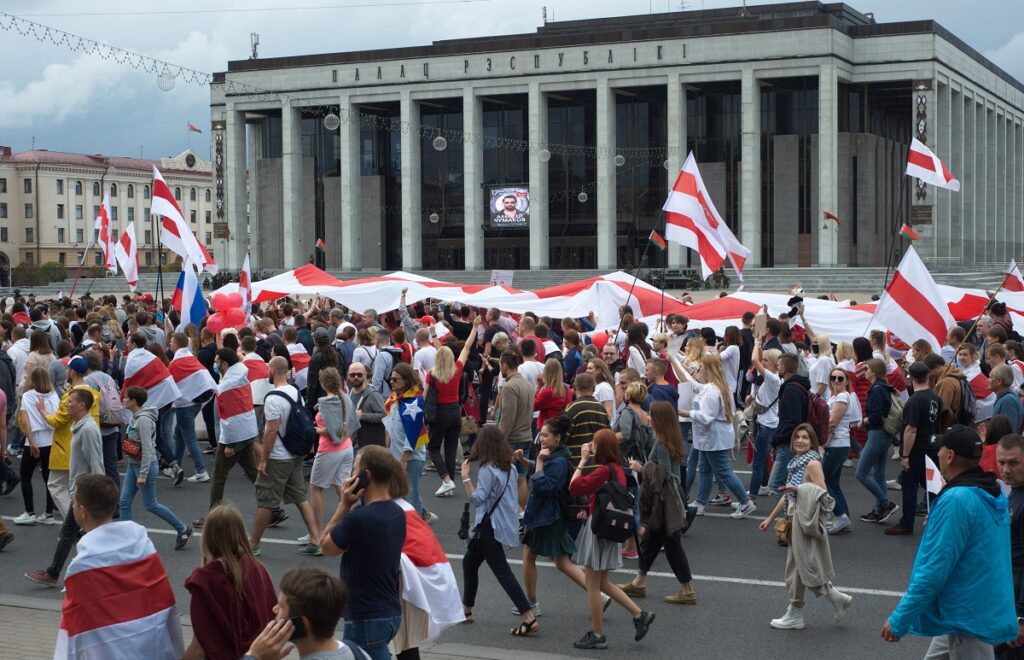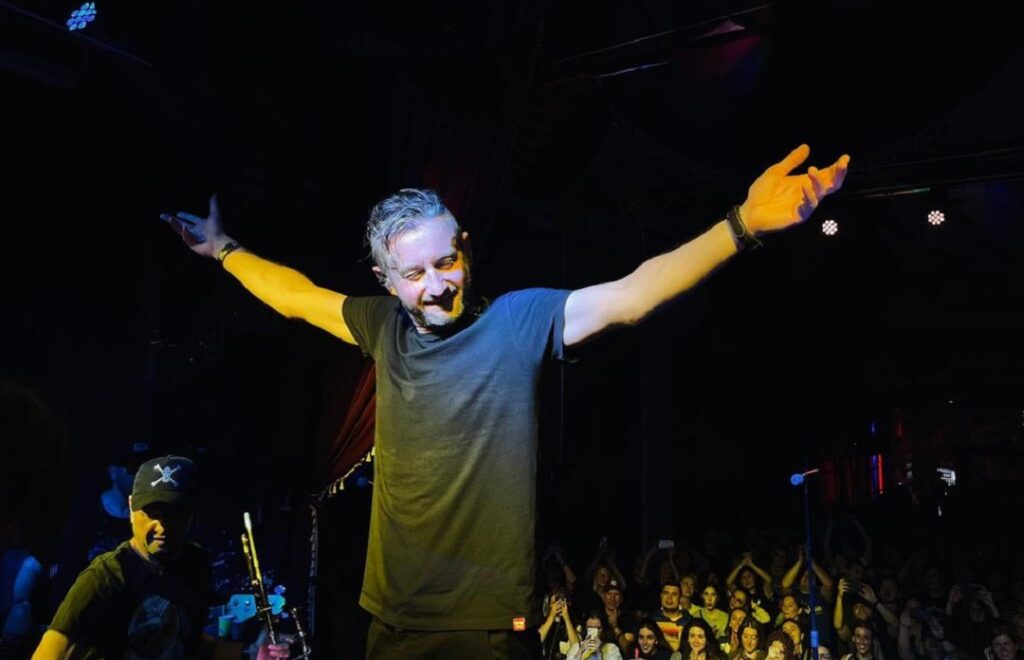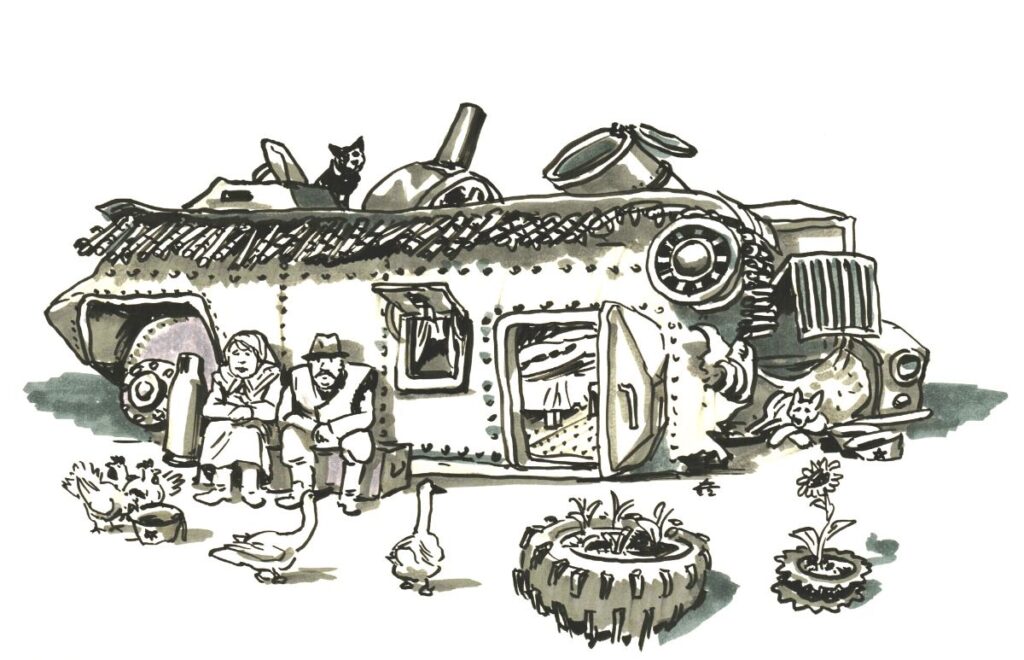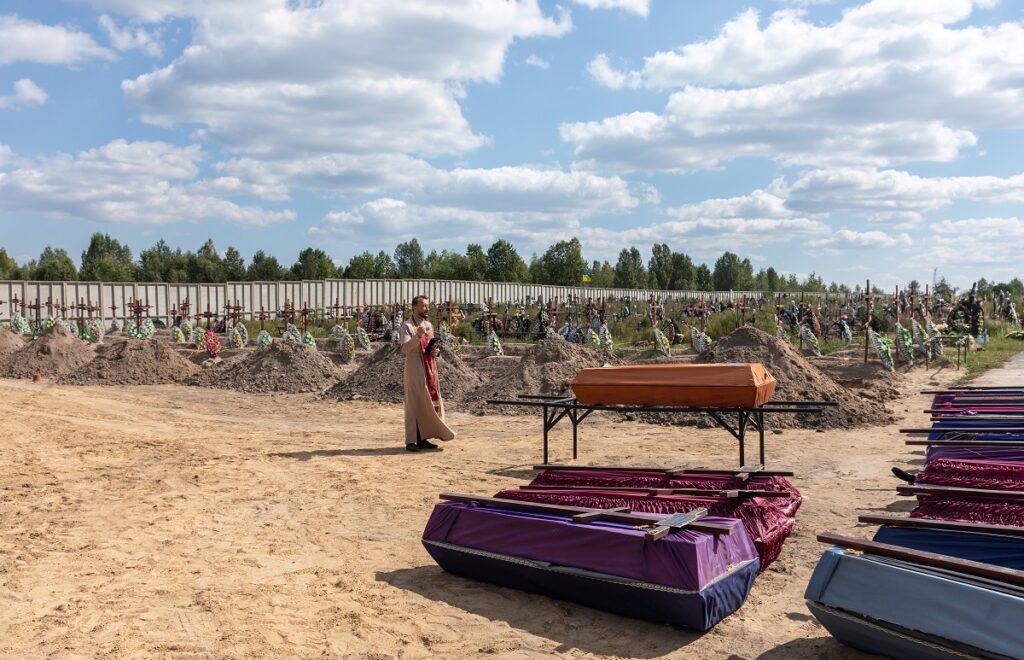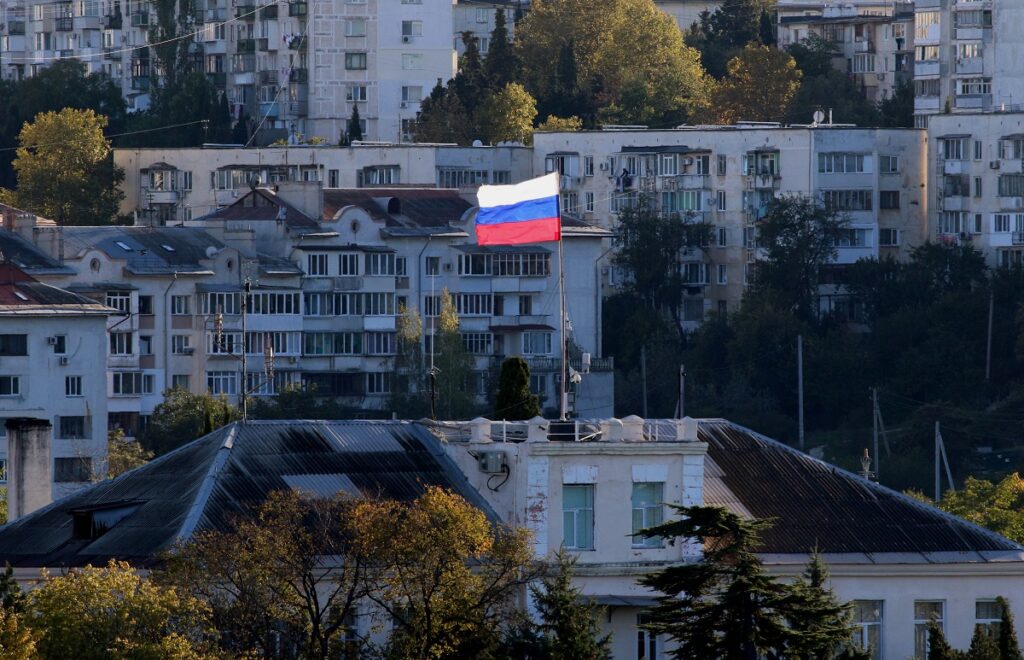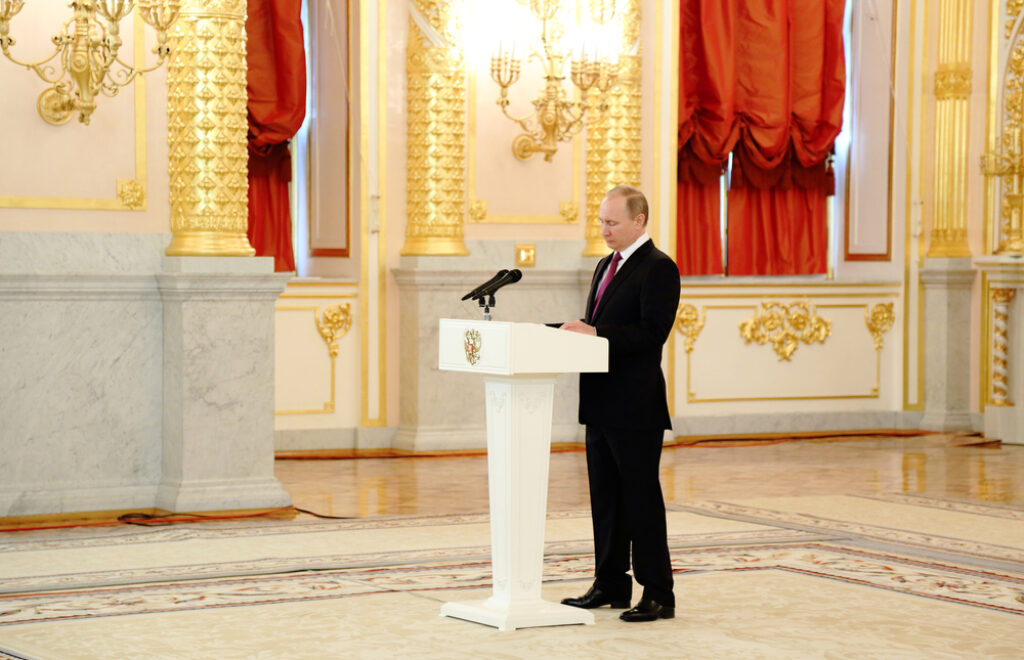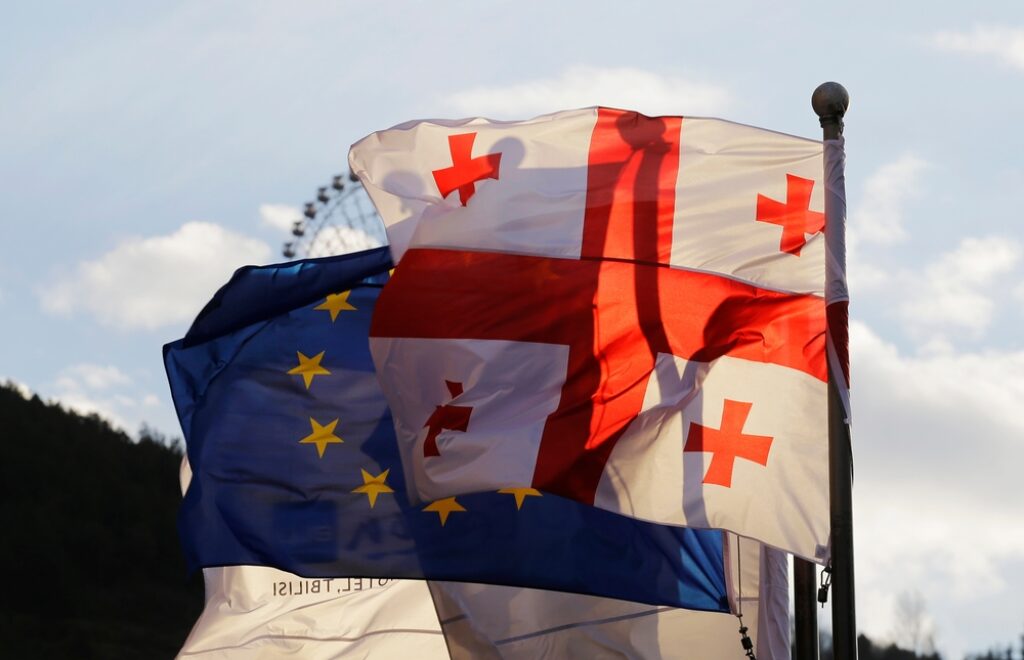The long months of war have given Ukraine the chance to think about its future reconstruction effort. Despite this, large amounts of debt may ultimately mean that this goal is unobtainable in any meaningful sense. States, international organisations and businesses must now recognise the reality on the ground and work with Ukraine to manage its debt obligations.
On July 20th 2022, Ukraine made a long-expected U-turn and finally asked international creditors to freeze its debt payments for two years. The Ukrainian government argued that it could use financial resources saved this way in the war against Russia. The request was quickly followed by a statement from the Group of Creditors of Ukraine, which includes Canada, France, Germany, Japan, the United Kingdom and the United States. Noting the exceptional circumstances and “acknowledging Ukraine’s exemplary track record of honouring debt service to date”, they agreed to provide a coordinated suspension of bilateral debt service until the end of 2023, with the possibility of extending it by an additional year.
October 3, 2022 -
Dorota Kolarska
Magdalena Milenkovska


